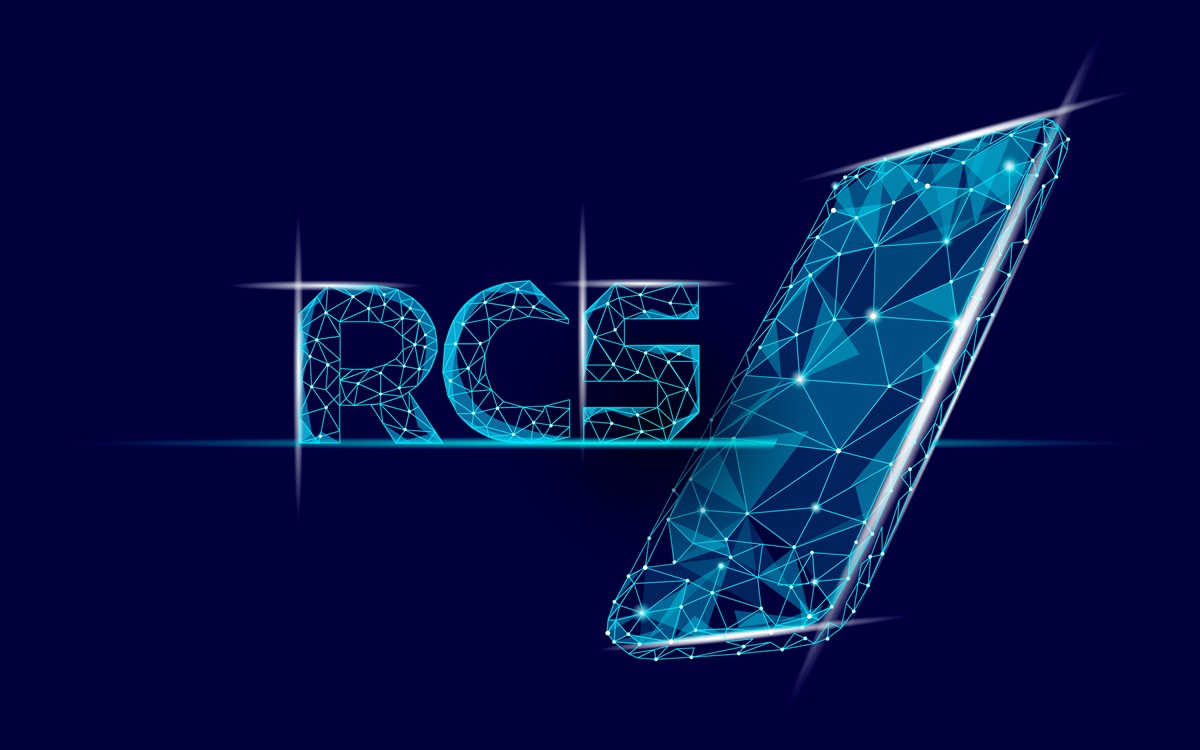June 10, 2025
Interview: The Rise of RCS and Conversational Commerce

In light of Google’s recent news that over 1 billion RCS messages are shared each day (averaged over the last month), now seems like a good time to find out more about RCS technology and how it impacts customer service and contact centres.
CXM interviewed Dave Baxter, CEO of Solutions by Text (SBT), a provider of compliant messaging and integrated text payments, serving over 600 clients in the US consumer financial services sector.
What is RCS?
For those playing catchup, Rich Communications Services (RCS) is the evolutions of SMS text messaging to include imagery, video and audio. It is used to improve the customer experience, making conversations more natural, boosting engagement and showing customers what to do to improve query resolution.
Brands can use RCS to enriched customer interactions, providing branded, dynamic content that keeps users engaged and connected, and more likely to act. Within contact centres, RCS can blend AI messaging, structured replies and human escalation in one secure, branded thread.
All of this is built in with sender authentication to maintain trust and security, ideal for banks, healthcare and other regulated industries. And who better to talk about it than SBT’s Dave Baxter, a provider of RCS solutions to the US financial industry.
What are the benefits for business from RCS?
RCS brings dynamic, personalised conversations with rich media and interactive elements to empower consumers to engage directly within the message, increasing self-service opportunities, reducing the need for contact centre support, and leading to an improved consumer experience. Through embedded media, clickable buttons, and call-to-action prompts.
Consumers can complete actions (finish a loan application) or transactions (make an extra payment) directly within the messaging platform, leading to higher conversion rates and more efficient customer interactions.
However, RCS for a brand is hard to do alone. There is more to it than just the lists of text messages and phone numbers needed for SMS. RCS can replace whole apps, creating fresh challenges to businesses, with bespoke messaging and security needs. RCS requires video clips, animations and other content to simplify messaging and create value. So, it requires an across-the-business effort.
What do consumers get from conversational commerce?
On the consumer side, conversational commerce is a great way for them to skip call centres, and the baggage they bring. RCS will help customers feel more important to the business through tailored messaging. But across the generations, consumers have different needs and preferences for communications, so they need to be factored into those RCS messages.
How will conversational commerce change business communications?
Think of RCS as the Docusign or Uber for communications. They grew up to be the defacto standard for their markets, and RCS will do the same for banking and other businesses, providing an always-on, two-way, customer journey that can be tailored to the consumer and their needs.
RCS will transform print and mail communications, it can make areas of banking more visual, and through a smartphone’s security features, it will eradicate much of the hassle of getting in touch with your bank.
Going all digital will also reduce the cost of physical communications, and with the arrival of AI, communications will be as granular as needed. For example, we have 1,000 templates that can provide endless varied high-quality conversations. AI will ensure messages are always compliant with the latest rules,
How does it handle payments?
Payments through RCS are totally agnostic, if your phone has Apple or Google Pay, it can use them, or PayPal, and other services. RCS can also help you make payments from your bank to new payees, speeding up those processes.
As RCS becomes the centre of consumers’ personal finances, it will drive loyalty, it will remind people about their payments, show them deals as they become available that could save them money, and always be ready to take a query.
What’s the broader future for RCS?
We will see RCS in healthcare, helping bring a better tone of communications between healthcare providers and their patients. That’s another area with heavy compliance needs that the RCS toolset can address. Beyond that RCS will play a greater role in e-commerce, conversational marketing and other areas as it becomes the dominant force in mobile communications.




